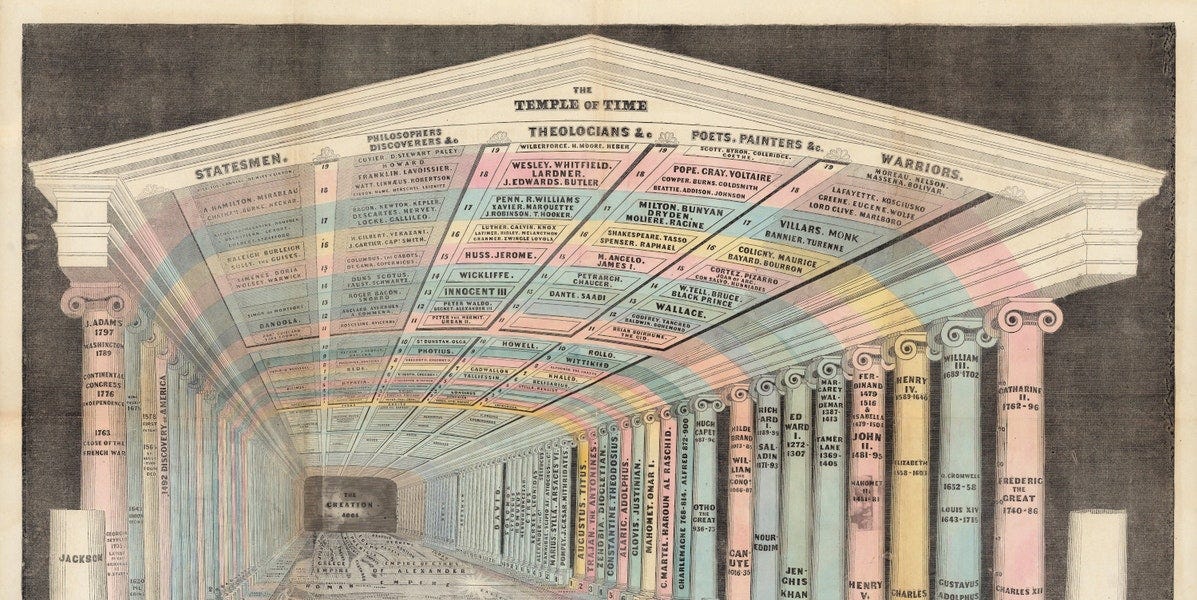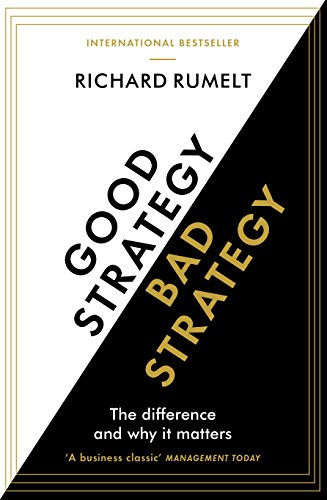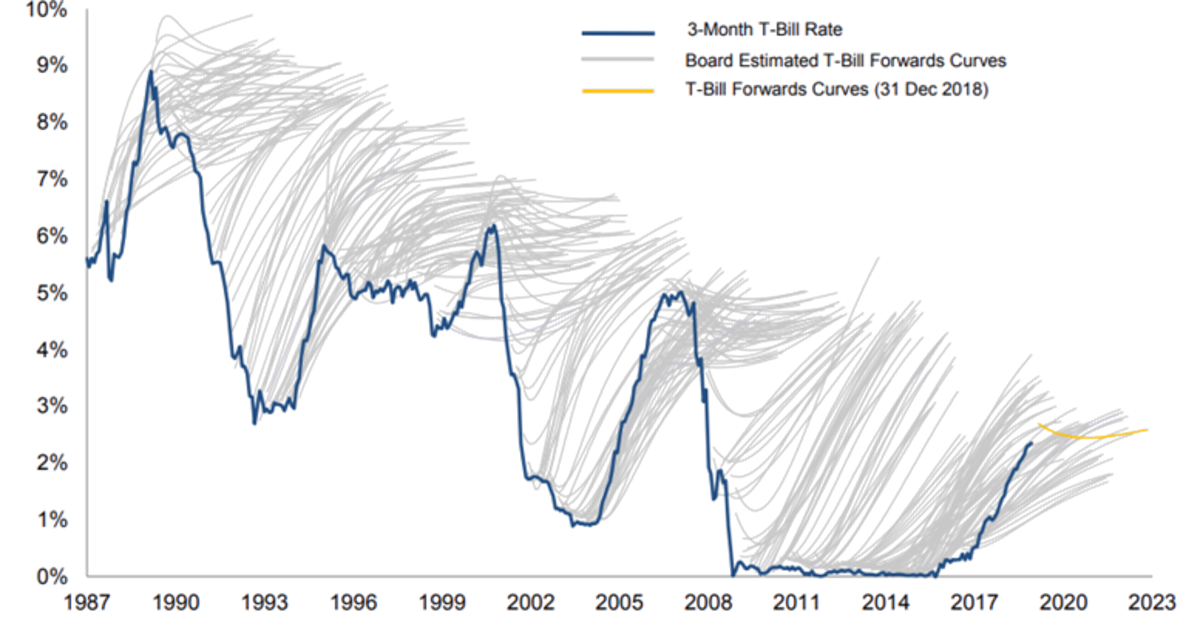
Saved by Keely Adler
History in the Space-Time Continuum

Saved by Keely Adler
Sixian and added
Jason Shen added
Read history for examples of concepts, not direct lessons
Ajinkya Wadhwa added

Cryptic, because the narrators are unreliable and often intentionally misleading. Epic, because the timescales are so long that you have to consciously sample beyond your own experience and beyond any human lifetime to see patterns. Twisting, because there are curves, cycles, collapses, and non-straightforward patterns. And trajectories, because hi
... See moreKeely Adler added

